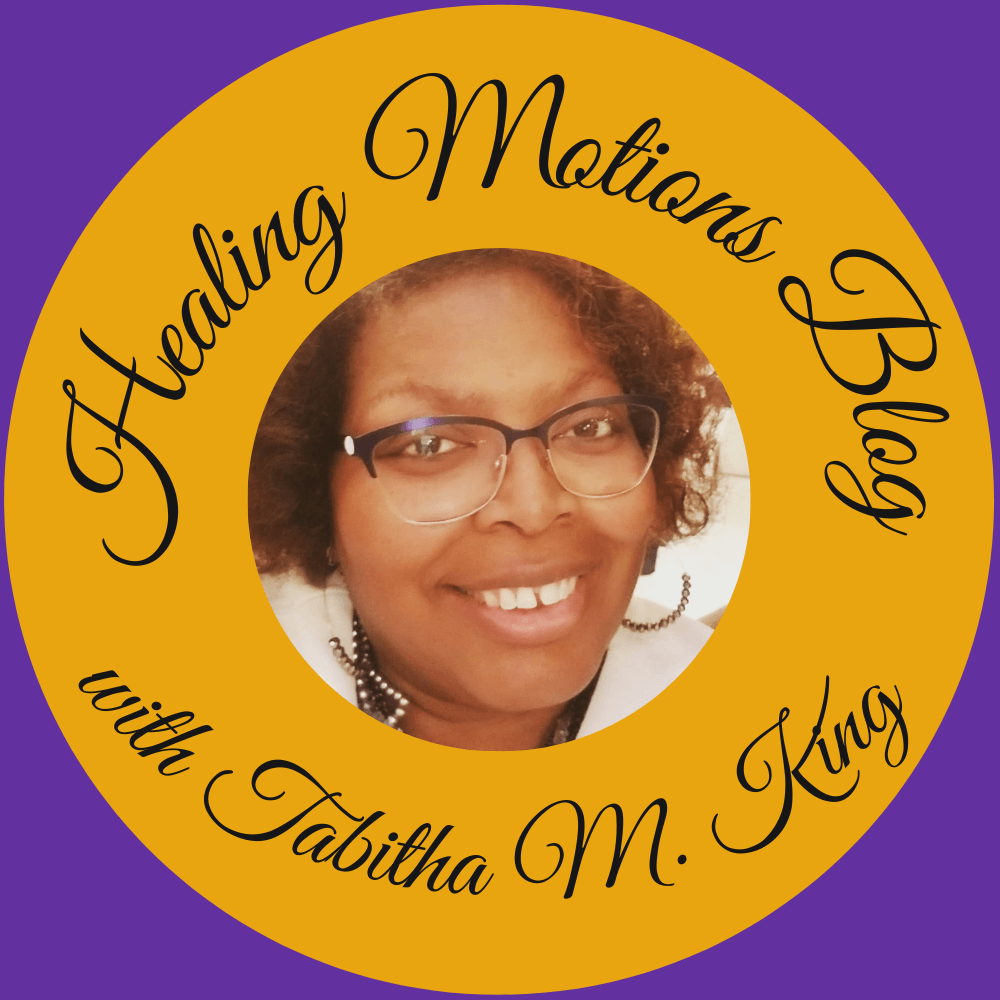
We understand aromatherapy as the use of essential oils to enhance health and well-being,
and there is a sizeable business around the promotion of aromatherapy products containing
essential oils – anything from laundry products to shampoo could now contain the scent
lavender, rosemary, jasmine, or another oil. It’s claimed that aromatherapy can influence
your body in many different ways; for example one of the most popular essential oils is
lavender, which is reputed to help relieve stress and calm the body.
The term ‘aromatherapy’ has only been in popular use since the early 1900s, but the
concept of using plant and flower oils to help treat illness has been with us for thousands of
years. Egyptians used specific odors to treat the symptoms of some of the most
common diseases of the time, while Dioscorides, a Greek physician, authored an
encyclopedia on herbal medicine and the healing properties of essential oils called 'Di
Materia Medica' a publication that was relied upon until after the Middle Ages.
(ref: https://en.wikipedia.org/wiki/De_Materia_Medica )
There have been some scientific studies into whether aromatherapy really works, and
a study from the Mie University School of Medicine found that people suffering from
depression needed smaller doses of their antidepressant medication after they were
treated with citrus essential oils. In medical terms;
“The treatment with citrus fragrance normalized neuroendocrine hormone levels and
immune function and was rather more effective than antidepressants.”
immune function and was rather more effective than antidepressants.”
Another study that took place at the University of Vienna demonstrated that lavender
essential oil had a sedative effect on mice, concluding that this, “furnished evidence of the
aromatherapeutic use of herbal pillows employed in folk medicine since ancient times in
order to facilitate falling asleep or to minimize stressful situations of man.”
Tea tree oil is another example of essential oil with proven medical properties;
effective treatment for acne. In one clinical trial, researchers compared gel containing tea
tree oil to a product containing benzoyl peroxide and found that although the benzoyl
peroxide worked slightly better, tea tree oil had fewer side effects. They concluded, “Topical
5% tea tree oil is an effective treatment for mild to moderate acne vulgaris.”
Although some doctors maintain that the evidence for essential oils’ part in reducing pain
and decreasing healing times are anecdotal, there has been consistent evidence of the ability
of essential oils to affect mood across many studies. Scientifically speaking, when you smell
essential oils, molecules dissolve in the mucus lining of your olfactory epithelium, which is
on the roof of the nasal cavity.
The molecules of essential oil work to stimulate your olfactory receptors, and olfactory
sensory neurons then take the signals from the receptors to the olfactory bulb, which filters
them and processes input signals from the scent. Mitral cells then take the output signals
from the olfactory bulb to the olfactory cortex, the area of your brain which recognizes
scents of lemon, lavender, etc.
These mitral cells also carry the signals to other areas in the brain’s limbic system. Some of
them have a direct connection to the amygdala, the part of the brain that is involved with
emotional intelligence and memory. This explains why it’s so common for smells to evoke
memories.
Of course, many skeptics also claim that mood improvements and pain reduction effects
could be a placebo effect, so if you expect an essential oil to have a positive effect, it will.
Studies conducted at the Monell Chemical Senses Center found that people who were told
that an odor would improve their performance achieved better results in a series of math
tests. It could be argued that these studies show that people’s expectations about odors
may have an effect. The placebo effect is extremely hard to prove!
Americans may consider aromatherapy as part of a spa or beauty treatment, medical
aromatherapy is more popular in Europe, where some doctors even prescribe essential oils
as part of complementary medical care. In Austria and some other European countries, 100
different essential oils are used for medical aromatherapy.
If you are ready for a 30-minute educational 1:1 session to begin learning more about how to use essential oils in everyday life where you can also transform your life, click here.
Get my free guide on becoming healthy and whole here where I also give you a free DIY worksheet for Aromatherapy recipes that you will love!



